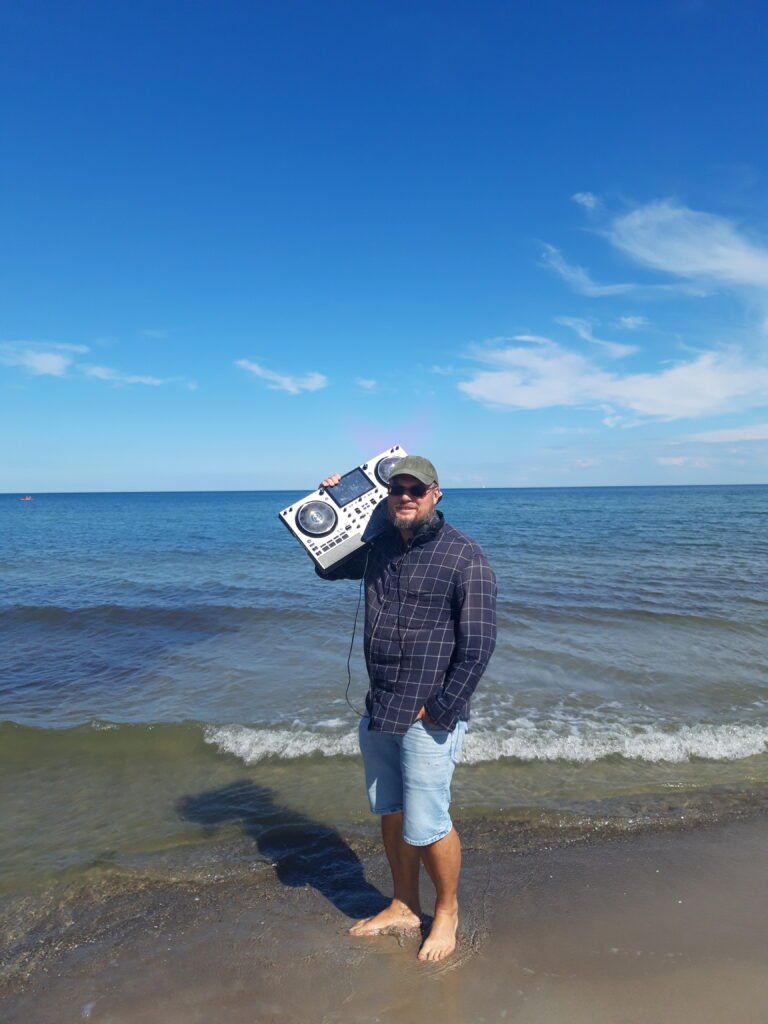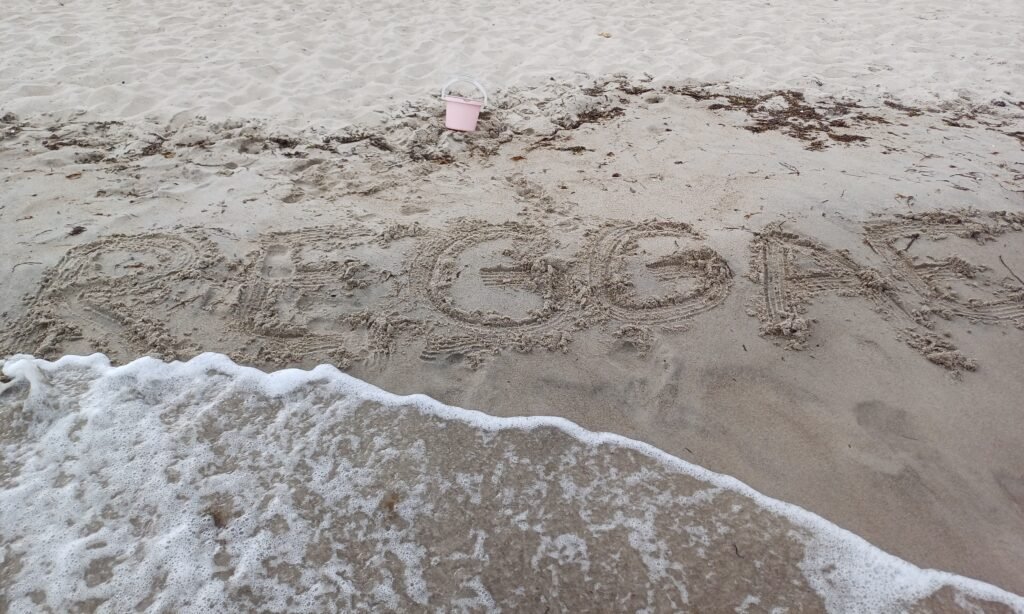About
Johnny's DUB College - Reggae Soundsystem Holbæk

Di original PhDJ
My wife once asked me: “If money was no concern and you could choose to do whatever in the world you wanted, what would you do with your time?” I answered that I would be a selector, that is, a reggae DJ.
Born and raised in conditions hardly resembling the Kingston ghetto, I, nevertheless, fell in love with the sound of Jamaica from an early age. The skanking off-beat rhythm of reggae has always had a hypnotic effect on me. In the words of Sir David Rodigan, I caught the reggae fever, a condition for which there is no known antidote.
Music has always been an integral part of my life. I learned to play the guitar, wrote songs, worked as a sound engineer and light technician, and dabbled in music production, before leaving music aside to get a “real” job as a professional historian. In 2022, I obtained the PhD degree for a dissertation on Soviet diplomacy towards the League of Nations in the 1920s and early 1930s. However prestigious and interesting, my job did not give me satisfaction.
I asked myself: “What would make you happy?” and remembered what I had told my wife a long time ago. Why should I not be a reggae selector, if that was what I really wanted to be? So, I started Johnny’s DUB College in 2024.
Having been collecting reggae records on CDs and Vinyl for more than 20 years, I had extensive knowledge of the many developments in and sub-genres of the conglomerate of Jamaican music that most people refer to simply as “reggae”, not to mention a vast music collection from which to begin DJing. Being both a professional historian and an ardent lover of the music, I see and hear connections and links between songs, artists, riddims, and styles that other people overlook. My interest in historic details, my understanding of musical equipment, and not least my love for the music, all contributes to making me Johnny Too Bad - di original PhDJ.
I play Reggae
It almost goes without saying that Johny’s DUB College plays reggae — but reggae is far from one thing. Jamaican music evolved from the up-tempo ska of the early 1960s through the slower, bass-driven rocksteady before becoming reggae proper in the late ’60s and early ’70s. The influence of Rastafarianism introduced the conscious, roots vibe that many associate with authentic reggae. Around the same time, DJs, or toasters, began talking over rhythm tracks, laying the foundation for Jamaican dancehall and even American hip hop.
In the ’70s, sound engineers experimented with delays, reverbs, and removing vocals to create dub — a revolutionary, immersive style. Roots reggae evolved into the more militant rockers rhythm, while in the UK, lover’s rock emerged as a smooth, soulful alternative influencing Jamaican music. By the late ’70s, rub-a-dub fused rocksteady basslines, dub, and toasting, developing into what would become dancehall. Steppers rhythms also grew from sound system culture, with a signature four-on-the-floor drum pattern
The mid-’80s brought digitalization with the Casio keyboard–powered Sleng Teng riddim. Some saw this as breaking tradition, others as a revolution pushing reggae into new territory. This digital era gave rise to ragga — an aggressive, digital dancehall style — while roots revivalists kept conscious messages alive. In the ’90s, slackness and badness dominated dancehall, but reggae’s global success infused pop music with dancehall elements in the 2000s.
By 2010, the reggae revival blended roots, rub-a-dub, dancehall, and even hip hop, ensuring Jamaican music continues to innovate and inspire.
Reggae is not just one thing — and it’s no longer only Jamaican. It has become a truly international music, played, created, and appreciated across the world. Reggae has inspired a wide range of new genres and styles, including reggaeton, jungle, drum & bass, dubstep, UK garage, grime — and the list goes on.
When I say that Johnny’s DUB College plays reggae, I mean it in the broadest sense possible: from early ska to the latest international releases. The emphasis, however, is on the positive and conscious side of the music. Reggae’s true strength has always been its power to bring people together, to inspire change, and to celebrate life. Johnny’s DUB College brings you sweet reggae music and positive vibrations — we leave the slackness to someone else.

